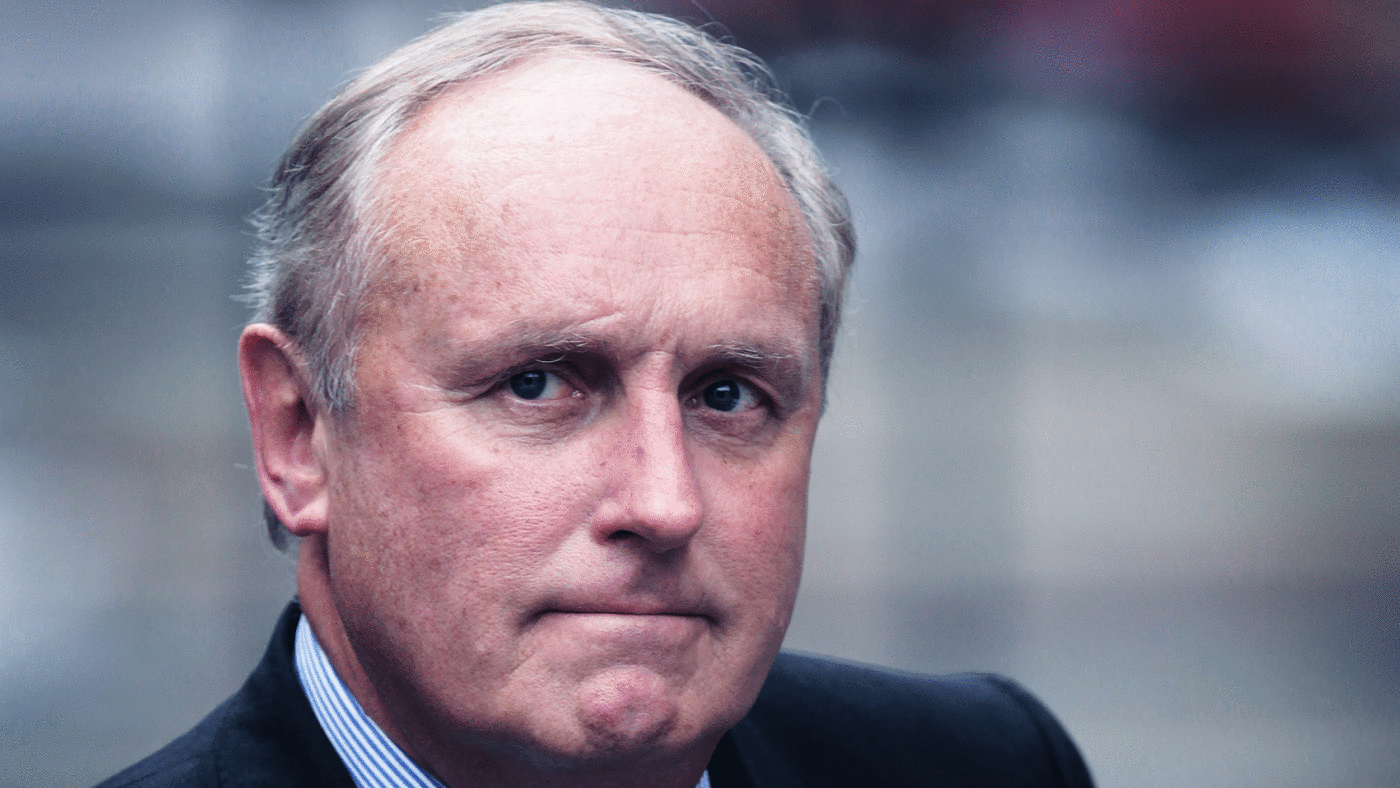You don’t need to be a fan of The Daily Mail or the man himself to be troubled by Paul Dacre’s withdrawal from the appointment process for Ofcom’s chairmanship. The last thing we need is politicisation of regulators or any organisation in receipt of public funds. But the battle over who should run these institutions isn’t left versus right, it’s insiders versus outsiders – and the wrong side is still winning.
The success of any quango or public body relies on how well they serve the public interest. The problem is that too few of them respect all the people whose interests they exist to serve. What people want from those given responsibility for something which belongs to all of us, or that we all rely on, is for them to stay out of all politics (party and cultural), and to take heir expectations seriously.
Too often, those running public bodies only consider the views and expectations of people who see the world like themselves. They might not always realise they’re doing that – and convince themselves that they are independent because they don’t have a party political affiliation. But believe me, anyone who raises a legitimate concern about politicisation when a public institution aligns itself with the latest cultural trend or social campaign finds it much harder to be taken seriously by those in charge. As Paul Dacre advised anyone from the private sector thinking of applying for a public appointment, ‘if you are possessed of an independent mind and are unassociated with the liberal-left, you will have more chance of winning the lottery than getting the job’.
In 35 years working in and around the public sector – from the BBC, Whitehall, Parliament and amongst charities as their regulator – I wish I had a pound for every time I’ve heard a colleague argue that public expectations are not the same as the public interest. The assumption is always that the people in charge know best. These are doubtless the same people who have been rocked by Brexit, the election of Donald Trump, and failed to foresee the Red Wall turning Blue.
The people mainly responsible for forcing dramatic change through democratic means over the last five years are not politicians or even newspaper editors, but voters. They are quietly successful, decent citizens who contribute hugely to our common endeavours and collective achievements. They are tired of being taken for granted and having their views overlooked by people who are paid to serve everyone’s interests, including theirs.
If we want to avoid any more unexpected turmoil via the ballot box we’ve got to understand that we’re the problem, not them. That means many public institutions and regulated sectors need a shake-up. But nothing will change if the government is only willing or able to appoint people to run these bodies who are acceptable to the insiders – who don’t even see they have a problem never mind show some eagerness to fix it. That unwillingness to change is the very reason we need outsiders who understand what’s wrong to come in to lead an exciting programme of transformational improvement.
Successfully running a regulator, or any public institution that relies on all parts of the public, means taking everyone’s expectations seriously. That requires respect for the taxpayers or customers whose support you rely on, whatever their views on Brexit, immigration, climate change – or whatever topic on which you believe there is only one view which all right-minded people hold. The real lesson of the last five years is that the top priority must be meeting the standards of delivery people expect from services they have no choice but to pay for. That’s what they meant by taking back control – forcing weaknesses to be exposed, choices to be made, and promises to be kept. When serving the public interest means meeting public expectations, the services provided are better.
Until insiders start understanding this and stop blocking outsiders who are evidently needed to help them drive forward improvement, they are putting the very institutions they claim to protect at risk.
Click here to subscribe to our daily briefing – the best pieces from CapX and across the web.
CapX depends on the generosity of its readers. If you value what we do, please consider making a donation.


